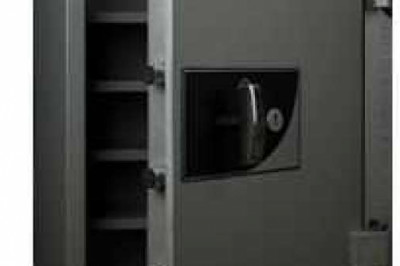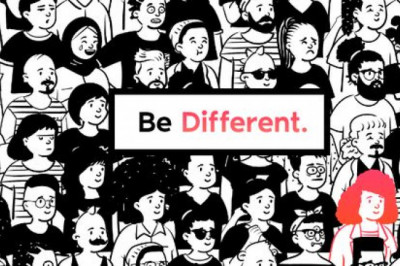views

2020 brought about a ton of changes for the United States. We, as a nation, started questioning everything and living our lives very differently. Though we are on an upswing and things are starting to return to how they were, one question remains for now and into the future. These are what are essential businesses. It's important to understand what things need to remain open and what does not. While we might not be facing lockdowns in the near future, we are wide awake to the possibilities of what could happen if another 'coronavirus pandemic' were to strike.
One of the most controversial topics of the pandemic was whether or not a liquor store is essential. Some argue that you don't need alcohol to survive, while others may beg to differ as it affects the quality of life for some. For those with alcohol dependence or those that enjoy trying new beverages, it can seem complete rubbish to assess that a liquor store would have to shut down.
Access To Liquor Was Limited
We understood the social distancing aspect. Even though we were told two weeks to flatten the curve, and it has lasted over a year now. This meant that liquor and restaurants were closed or limited to sales. For some going out and socializing was a primary way for them to interact with others and simply enjoy life. To take these things away seemed to affect a pursuit of happiness. If you closed the liquor store in addition to limiting restaurants, that constrains an individual's right to pursue their happiness—and that simply isn't what the United States was founded on.
Mental Illnesses and Withdrawal
Sadly, alcohol is often used in situations of dependency. While alcohol is legal to those over 21, it can be something that turns into an addiction. An argument is made that if you shut down restaurants and limit or eliminate liquor sales during a pandemic, how would someone be able to cope. There would be individuals facing mental health crises and withdrawal. In some cases, this could turn deadly for an individual. While COVID-19 certainly carries risks, cutting off access to liquor could be deadly for those that are dependent.
There are other issues aside from not being able to get alcohol from the liquor store, such as resorting to getting alcohol in other ways. To stave off withdrawal, some would turn to other products like cough medicine or even mouthwash. While addiction is unhealthy, these products aren't meant for consumption—and certainly not in access.
Bottom Line
Are liquor stores essential businesses? Absolutely.












Comments
0 comment